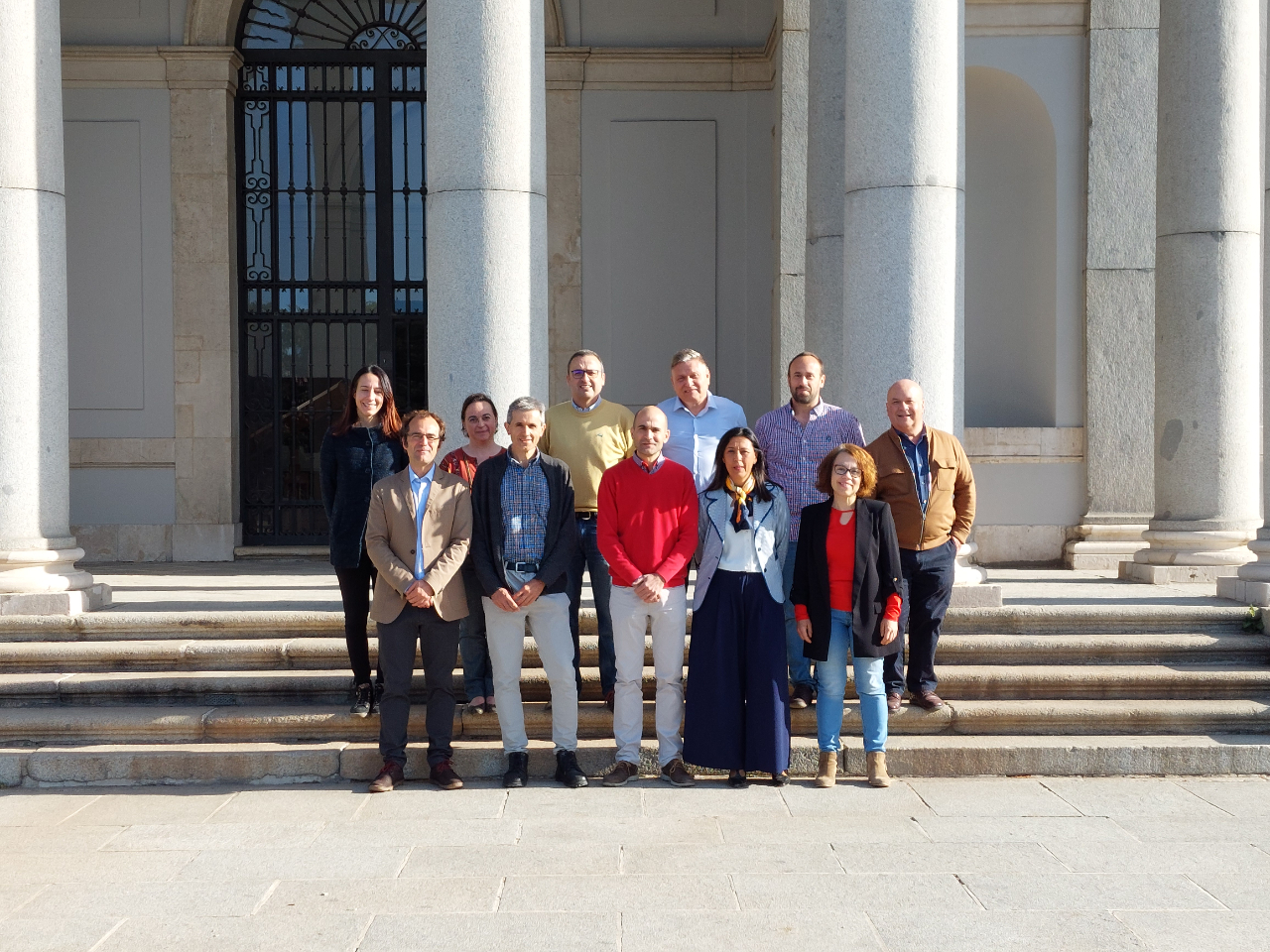NEWS
Workshop organized by IHCantabria on Standard Operating Procedures (SOP) for tsunami warning and emergency response held

The workshop was held at the Royal Observatory of the National Geographic Institute (IGN) in Madrid and was attended by representatives of the Directorate General of Civil Protection and Emergencies of the Ministry of the Interior (DGPCE), the National Geographic Institute (IGN), the Spanish Institute of Oceanography (IEO) and the Directorate General of Emergencies and Civil Protection of the Regional Government of Andalusia (DGEPC).
The workshop, organized by IHCantabria in collaboration with the National Seismic Network of the IGN, and the National Tsunami Contact (TNC) to the Intergovernmental Oceanographic Commission of UNESCO (IOC-UNESCO), was held on April 19, within the framework of the CoastWAVE projectThe project is financed by the European Union’s Directorate General for Civil Protection (DGECHO) and coordinated by IOC-UNESCO, in which Spain is participating with the pilot case of the municipality of Chipiona.
The workshop was organized with the aim of strengthening the standard operating procedures for the issuance of warnings and emergency response in the event of tsunamis, and their integration between the various administrations at national, regional and municipal levels, to ensure that communication reaches the population potentially exposed to these phenomena in a timely manner, following the integration system of Civil Protection, according to Ignacio Aguirre Ayerbe, member of the coastal engineering and management group of IHCantabria, focal point and coordinator in the implementation of the CoastWAVE project in Spain and organizer of this event..
The workshop was attended by representatives of the three national tsunami focal points of IOC-UNESCO: the General Directorate of Civil Protection and Emergencies of the Ministry of the Interior (DGPCE), the National Geographic Institute (IGN), and the Spanish Institute of Oceanography (IEO), as well as the General Directorate of Emergencies and Civil Protection of the Regional Government of Andalusia (DGEPC).
It was also attended by representatives of IHCantabria, organizer of the event, and the Edanya group of the University of Malaga, as well as Denis Chang Seng, technical secretary of the IOC-UNESCO Tsunami Resilience Section.
Chang Seng briefly explained the main objectives of the CoastWAVE project, highlighting its integration with other IOC-UNESCO tsunami preparedness-related initiatives, such as the recently published 2021-2030 Strategy for the Northeast Atlantic, Mediterranean and Connected Seas (NEAM region), the IOC-UNESCO Tsunami Decadal Oceanographic Programme, the Intergovernmental Tsunami Ready Coalition, or the Tsunami Ready Reconnaissance Programme (TRRP) itself. One of the main objectives of the CoastWAVE project is precisely the accreditation of the TRRP in seven pilot communities in the NEAM region, including the municipality of Chipiona, in the Autonomous Community of Andalusia.
Throughout the workshop, several presentations were given followed by a round table discussion to facilitate an open debate. Numerous aspects of standard operating procedures for tsunami warning and emergency response were addressed, including the conceptual framework developed by IOC-UNESCO, the integration of these procedures into special plans at all levels of emergency management, some examples of procedures in other regions, as well as the supporting guidelines for their development that IOC-UNESCO has developed in collaboration with multiple experts around the world. The current situation in Spain was also addressed in a discussion aimed at identifying possible gaps in the current procedures and their integration among the different administrations and spatial scales of emergency management, as a first step in the process of strengthening them.



